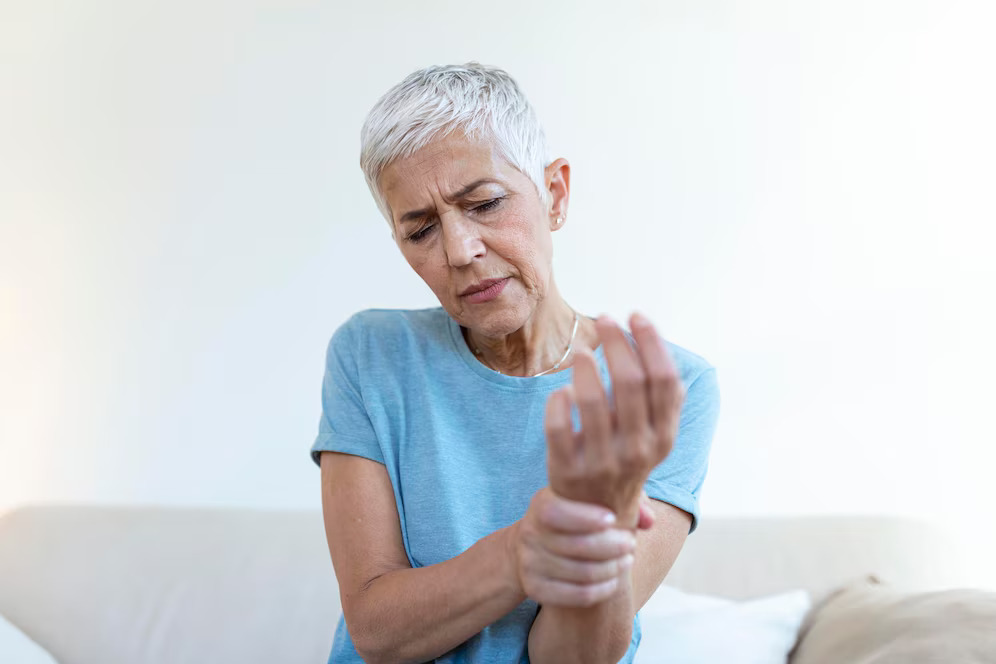Rheumatoid arthritis (RA) is a chronic autoimmune disease that primarily affects the joints, causing pain, swelling, and stiffness. Left untreated, it can lead to joint deformities and reduced mobility. Orthopedic doctors play a crucial role in managing RA, especially when it comes to advanced stages requiring surgical intervention or specialized care. This article explores the relationship between RA and orthopedic care, treatment options, and the importance of early diagnosis.
Understanding Rheumatoid Arthritis
Rheumatoid arthritis is an autoimmune condition where the immune system mistakenly attacks healthy joint tissues, leading to inflammation. Over time, this inflammation can damage cartilage, bones, and surrounding soft tissues.
Symptoms of RA
- Persistent joint pain and stiffness (especially in the morning)
- Swelling and tenderness in multiple joints
- Fatigue and weakness
- Joint deformities in advanced stages
- Systemic symptoms like fever or weight loss
Causes and Risk Factors
The exact cause of RA remains unknown, but factors such as genetics, smoking, obesity, and environmental triggers (e.g., air pollution) increase the risk of developing the condition.
Role of Orthopedic Doctors in RA Management
Orthopedic doctors specialize in diagnosing and treating musculoskeletal conditions. For RA patients, they provide critical care when:
- Joint Damage Progresses: Severe cases may require surgical interventions like joint replacement or tendon repair.
- Mobility is Affected: Orthopedic specialists help restore function through physical therapy or assistive devices.
- Pain Becomes Unmanageable: They offer advanced pain management strategies.
Treatment Options for Rheumatoid Arthritis
While there is no cure for RA, treatments aim to reduce symptoms, prevent joint damage, and improve quality of life.

1. Medications
- NSAIDs: Relieve pain and reduce inflammation.
- DMARDs: Slow disease progression by targeting immune system activity (e.g., methotrexate).
- Biologics: Advanced medications that block specific inflammatory markers.
- JAK Inhibitors: Newer oral drugs that target immune pathways.
- Corticosteroids: Used for short-term relief during flare-ups.
2. Non-Surgical Interventions
- Physical therapy to improve strength and flexibility.
- Assistive devices like splints or braces for joint support.
- Heat and cold therapy to manage pain.
3. Surgical Options
- Joint replacement surgery (e.g., hip or knee replacement) for severely damaged joints.
- Synovectomy to remove inflamed joint lining.
- Tendon repair for ruptured tendons caused by RA.
Importance of Early Diagnosis
Early detection of RA is critical to prevent irreversible joint damage. Regular check-ups with a rheumatologist or orthopedic doctor can help monitor disease progression and adjust treatment plans as needed.
FAQ
1. What are the early symptoms of rheumatoid arthritis?
Early symptoms include joint pain, swelling, stiffness (especially in the morning), fatigue, and sometimes fever. Early detection is crucial for effective management.
2. How do orthopedic doctors treat rheumatoid arthritis?
Orthopedic doctors manage RA through medications, physical therapy, joint injections, and surgical options like joint replacement for severe cases to improve function.
3. Can rheumatoid arthritis lead to joint deformities?
Yes, untreated RA can cause joint damage and deformities over time due to chronic inflammation affecting cartilage and bone structure, leading to loss of function.
4. What lifestyle changes can help manage rheumatoid arthritis?
Maintaining a healthy weight, regular exercise, balanced nutrition, stress management, and avoiding smoking can significantly improve RA symptoms and overall health.
5. When should I see an orthopedic doctor for rheumatoid arthritis?
Consult an orthopedic doctor if you experience persistent joint pain, swelling, or stiffness that interferes with daily activities or if your current treatment isn’t effective.
Conclusion
Welcome to our clinic, where we specialize in providing compassionate care for rheumatoid arthritis! Our dedicated team is here to help you manage your symptoms and improve your quality of life. Visit us at https://orthoxpress.co/ or call us at (214) 949-8918 to schedule your appointment today!

